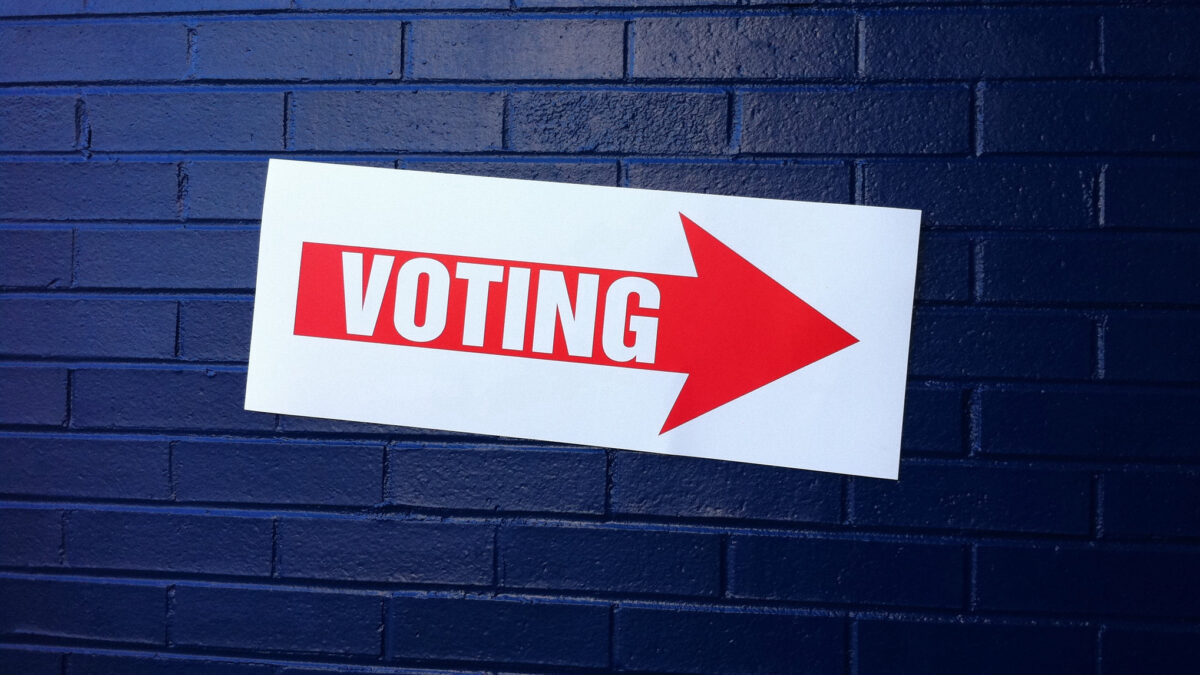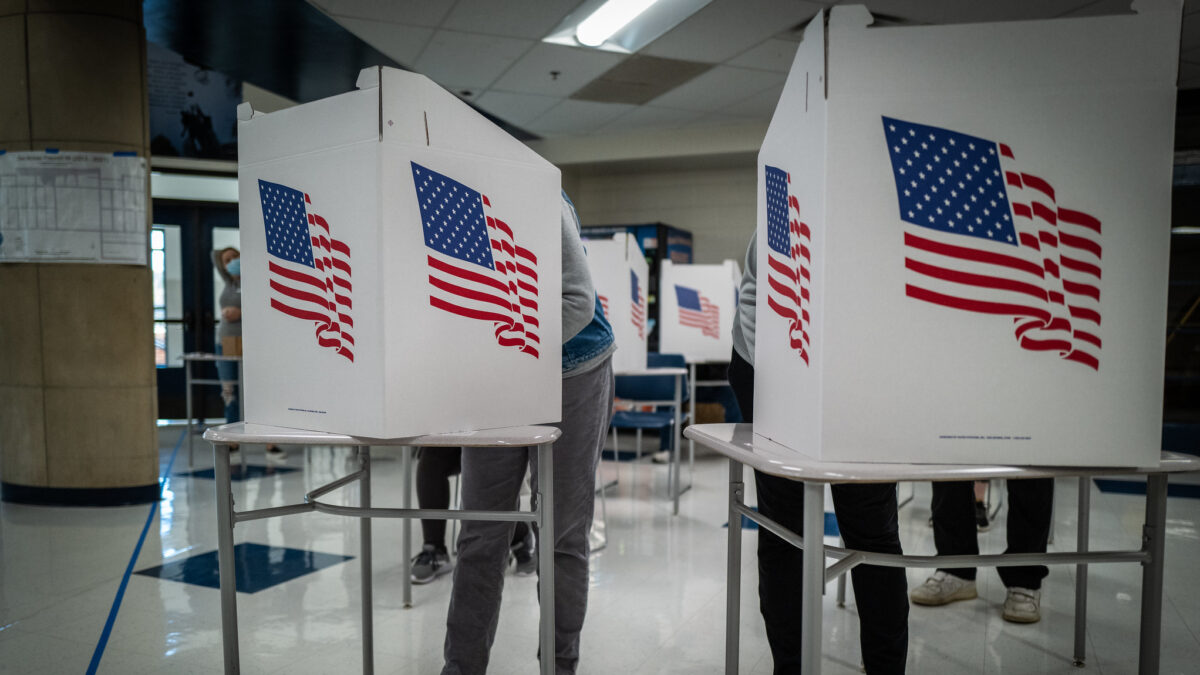As befits a guy who tries to sell prudence and restraint to the American foreign policy elite, I appreciate people who are willing to make unpopular arguments. So it’s with some irony that I approach AEI scholar Tom Donnelly’s case for expanding the Ex-Im Bank.
Donnelly is swimming upstream politically on the Right, siding with President Obama against the Tea Party, but he tries to reframe the debate not as being about the worst sort of crony capitalism, but rather about American foreign policy. Ruing the “green eyeshade” view of the Bank, Donnelly replies to the charge of crony capitalism by shrugging, “so what?” referring obliquely to its “strategic value.” For him, the Ex-Im Bank is all that’s standing between the world we live in today, and a world in which the United Arab Emirates has to purchase Boeing airplanes at market rates.
To which the casual reader might respond, “huh?” For Donnelly, there are three sorts of states: “allies, adversaries, and clients.” Client states like the UAE need to be bribed, in this case, with cheap loans from Ex-Im, in order to get them to help the United States pursue its foreign policy goals. So let’s look at what the options for the UAE would be if we stopped using U.S. taxpayer dollars to subsidize their aircraft purchases. First, they would get the private financing they needed to buy aircraft, which Donnelly concedes they “certainly” can afford. Then…well, it’s not clear what happens differently.
Donnelly vaguely refers to the capture of an al Qaeda cell in Abu Dhabi and Dubai’s status as a “critical ‘node,’” by which he presumably means its use for American spying on Iran, but it’s not clear why any of that would change if we do away with Ex-Im and the welfare it lavishes on the wealthy, Sharia-law practicing autocrats of the UAE.
Donnelly’s way of thinking is pandemic across the American foreign policy community. From Poland to Japan to the UAE, our foreign policy elites warn that our allies, partners, friends, and clients have options and may go elsewhere if we don’t bribe them to stay attached to us. And when they do, bad things will happen to us.
But this gets the equation exactly backwards. Every American ally needs us far more than we need them. Failing to act like it allows them to manipulate us into playing the role of Uncle Sucker: a patsy who is willing to shower largesse onto our allies in exchange for the privilege of protecting them. Or to try another metaphor, America ought to play hard to get rather than throwing herself at every prospective suitor.
Donnelly offers one other argument about Ex-Im: to him the problem is that it doesn’t finance arms sales. While this innovation marginally would benefit American arms manufacturers—American weapons are plenty appealing unsubsidized—it’s unclear how it would benefit Americans. Indeed, Donnelly says nothing about why this is a problem, other than to refer to conservative appreciation for “the strategic value of money,” which is indisputable but undefined in the context of the 2014 Ex-Im Bank. He suggests that the British Crown could have staved off the American revolution had it subsidized the Colonies more heavily, pointing out the heavy subsidies paid by London to hold together its empire. (To which one might respond that if Britain hadn’t been frittering at the edges of its Empire, it could have been better positioned to prepare from the threat posed twice by a rising Germany. Talk about a “somewhat shortsighted policy”…)
In a more general sense, though, the Ex-Im debate is a smaller analog for the grand strategy debate Donnelly would rather avoid but the country needs. The Ex-Im Bank transfers money from taxpayers to a small group of favored companies and countries. Its costs are dispersed across a broad enough group of Americans that it rarely gets attention, but when it does, it’s tough to defend on the merits. Similarly, US grand strategy is enormously costly and wasteful, but because of the country’s wealth and security, rarely has to be defended. One of the benefits of relative austerity is that it produces debates about scarce resources and can help hard decisions to be made. So we should hope that foolish policies like using the Ex-Im Bank to subsidize Emirati aircraft purchases and the broader imperial project such bribes support both come in for an unsparing assessment.
Justin Logan is director of foreign policy studies at the Cato Institute. You can follow him on twitter at @justintlogan.









